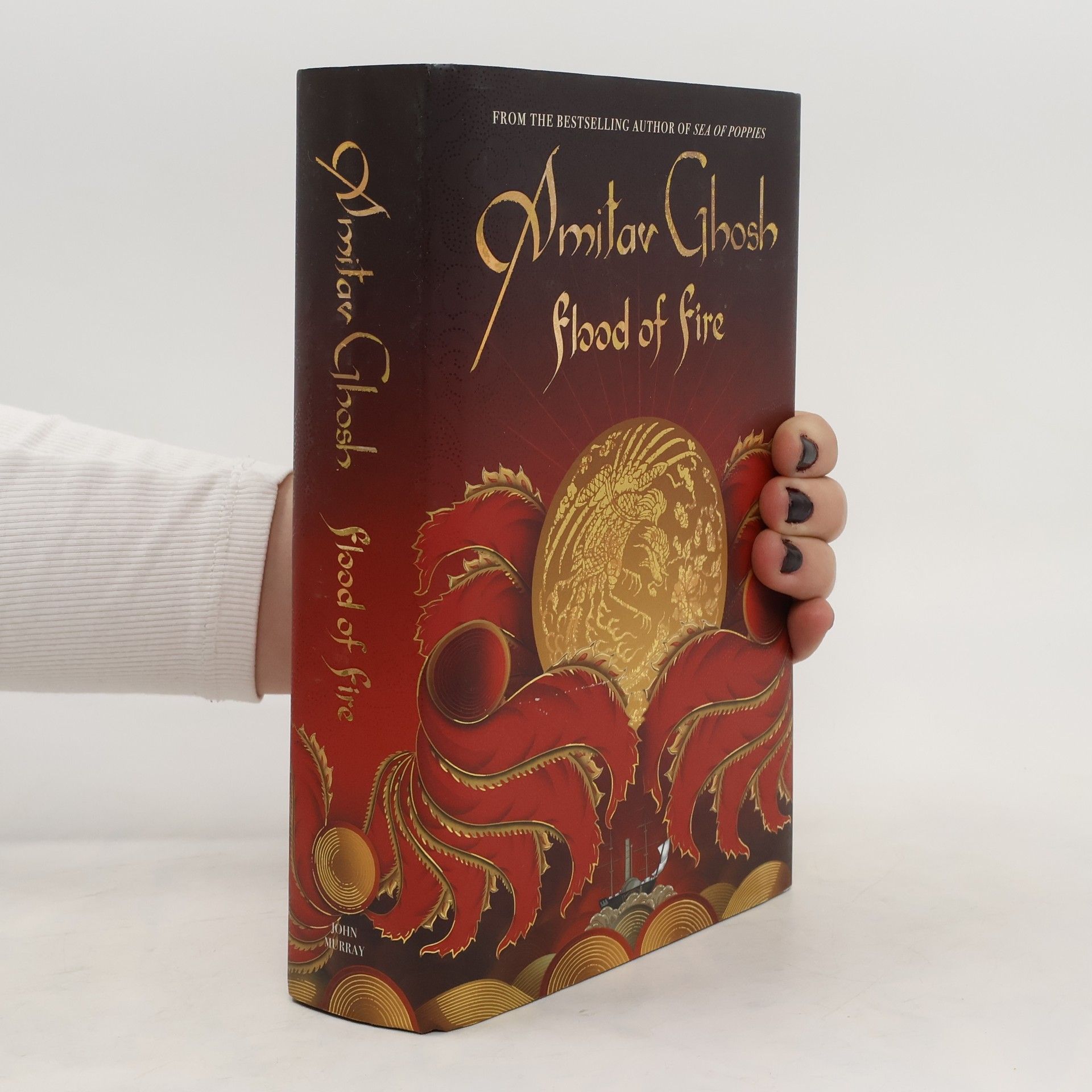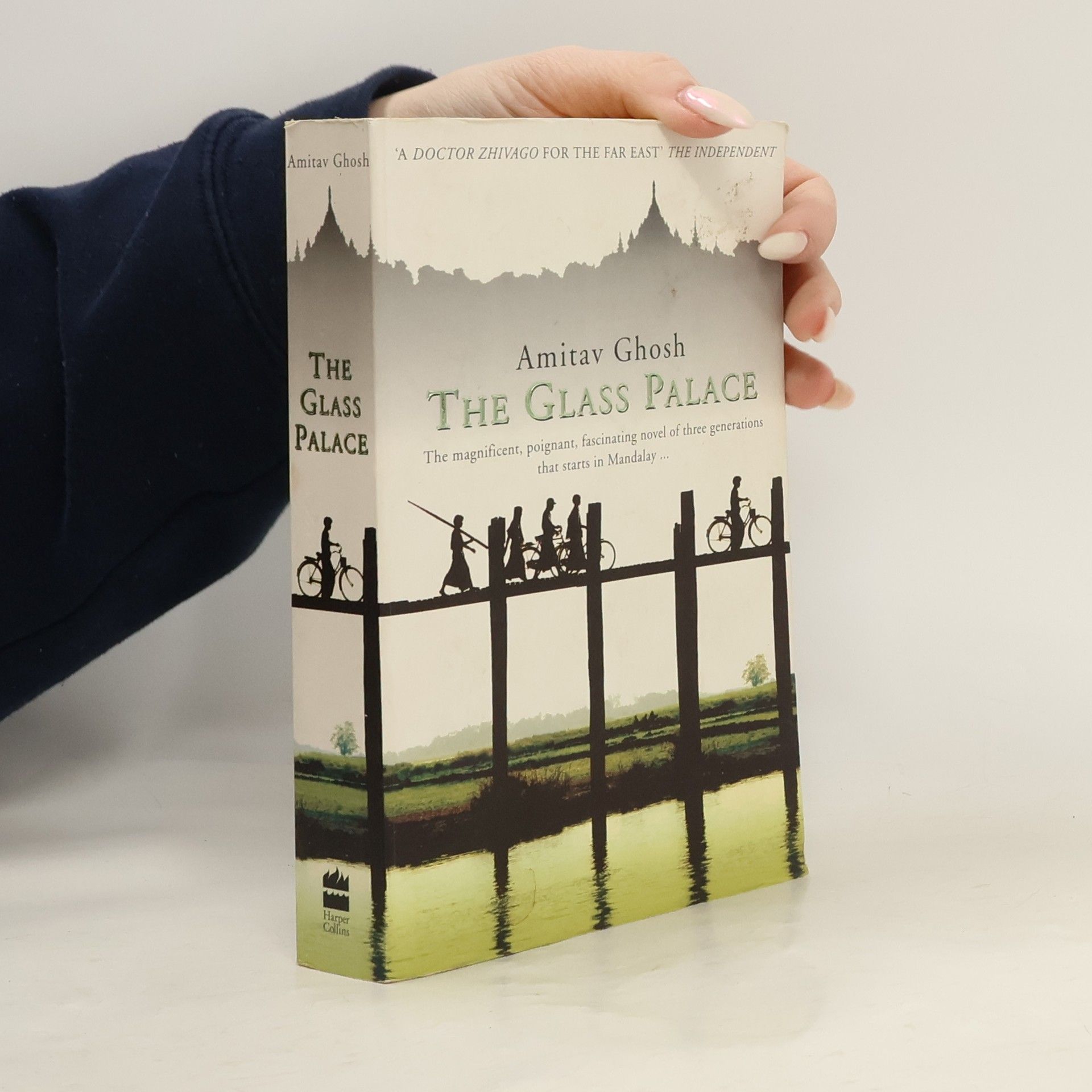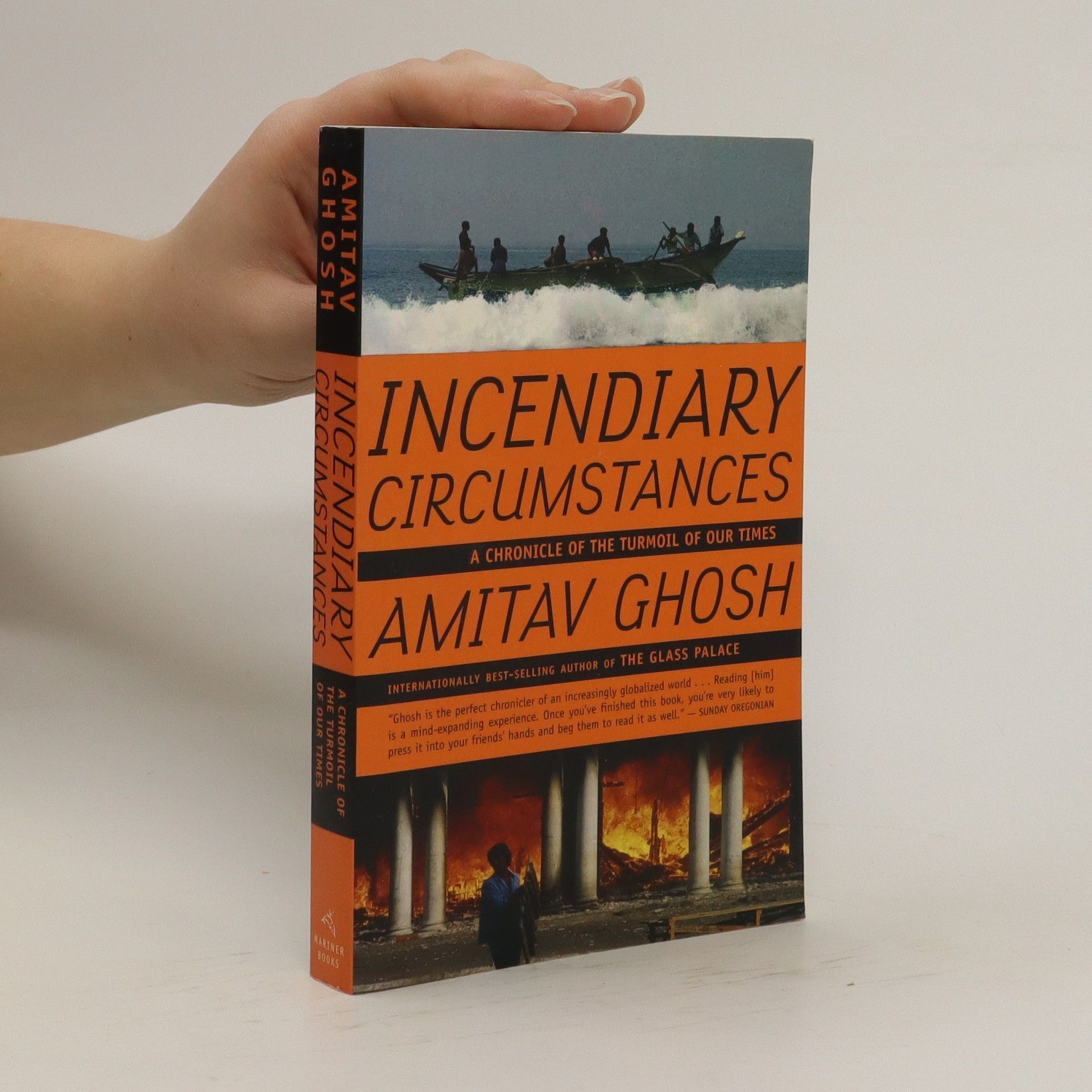Amitav Ghosh Libri
Amitav Ghosh è uno degli scrittori indiani più rinomati, le cui opere approfondiscono eventi storici, memoria e il loro impatto sul presente. La sua scrittura è caratterizzata da una ricerca meticolosa e da personaggi complessi che navigano in intricati paesaggi sociali e politici. Ghosh esplora temi come il colonialismo, la migrazione e gli incontri culturali, spesso evidenziando narrazioni dimenticate e voci marginalizzate. La sua abilità stilistica e la profonda visione della condizione umana lo rendono uno straordinario narratore.

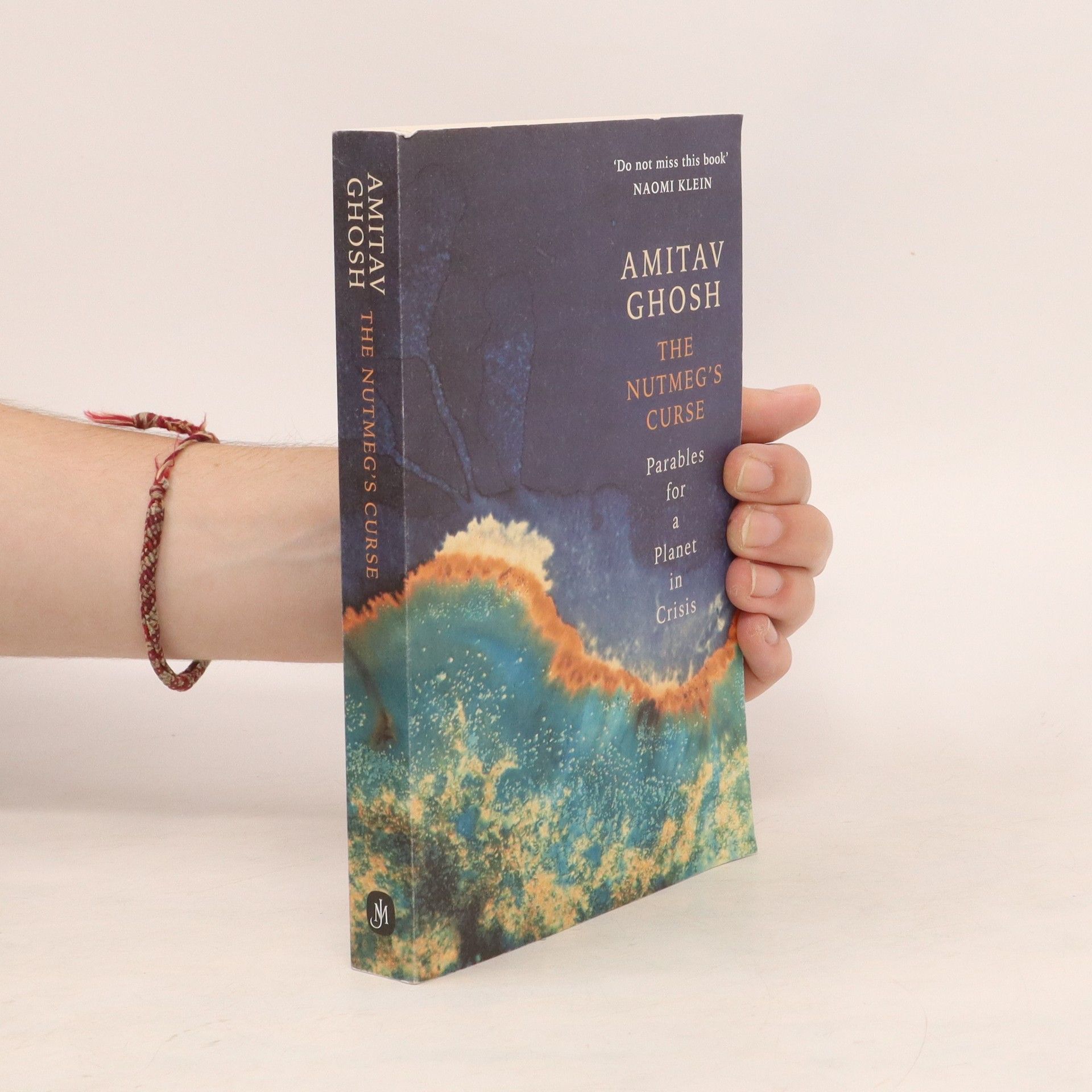

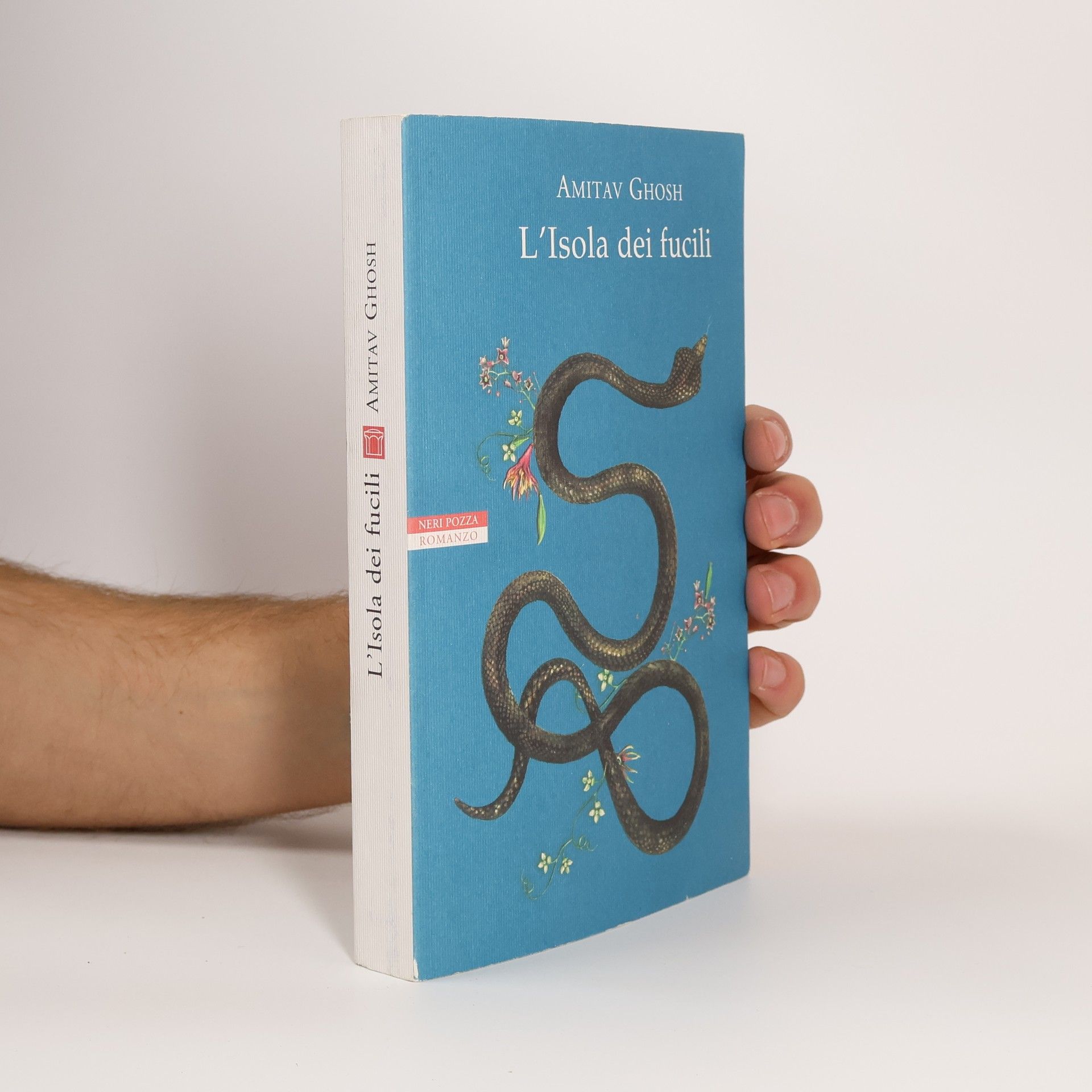
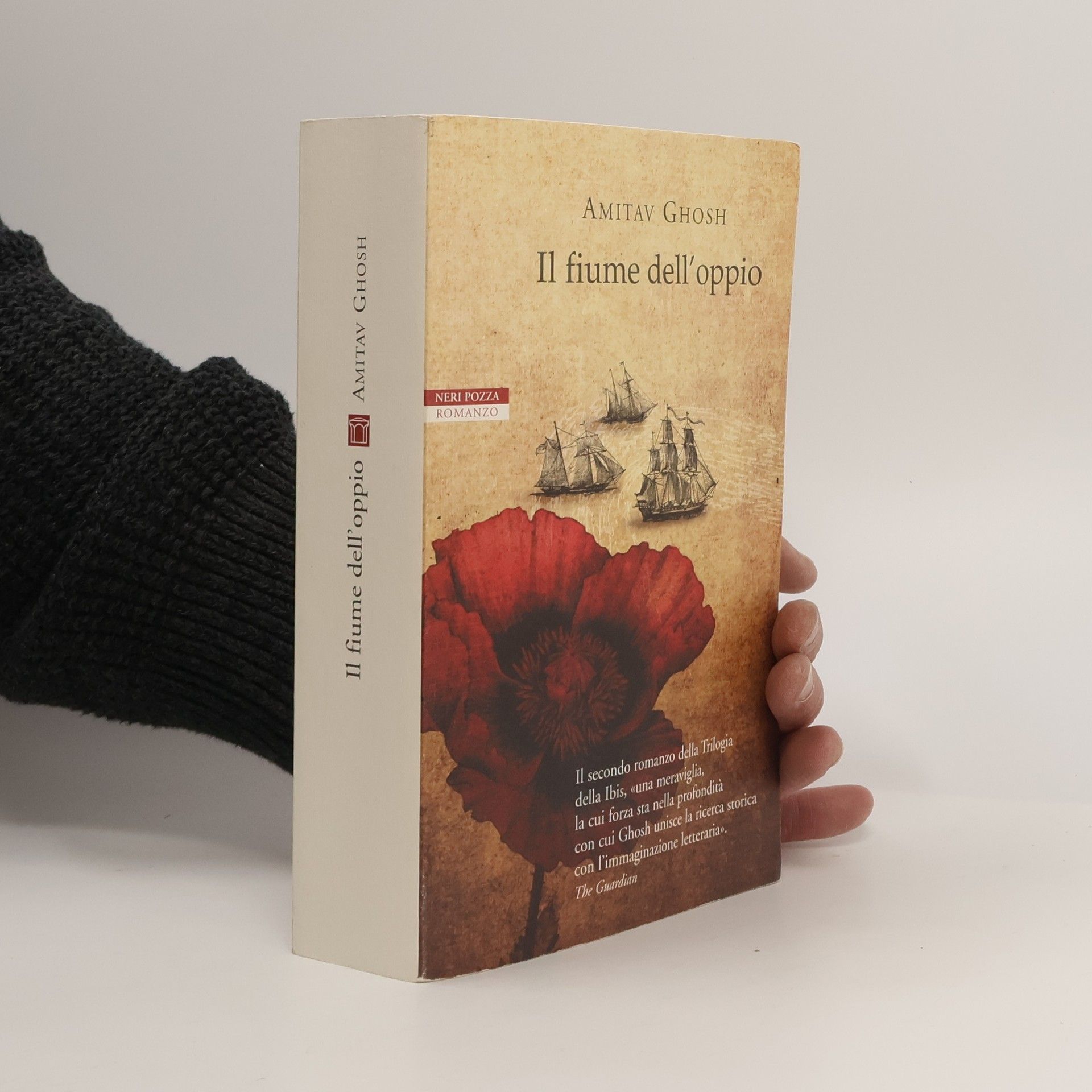
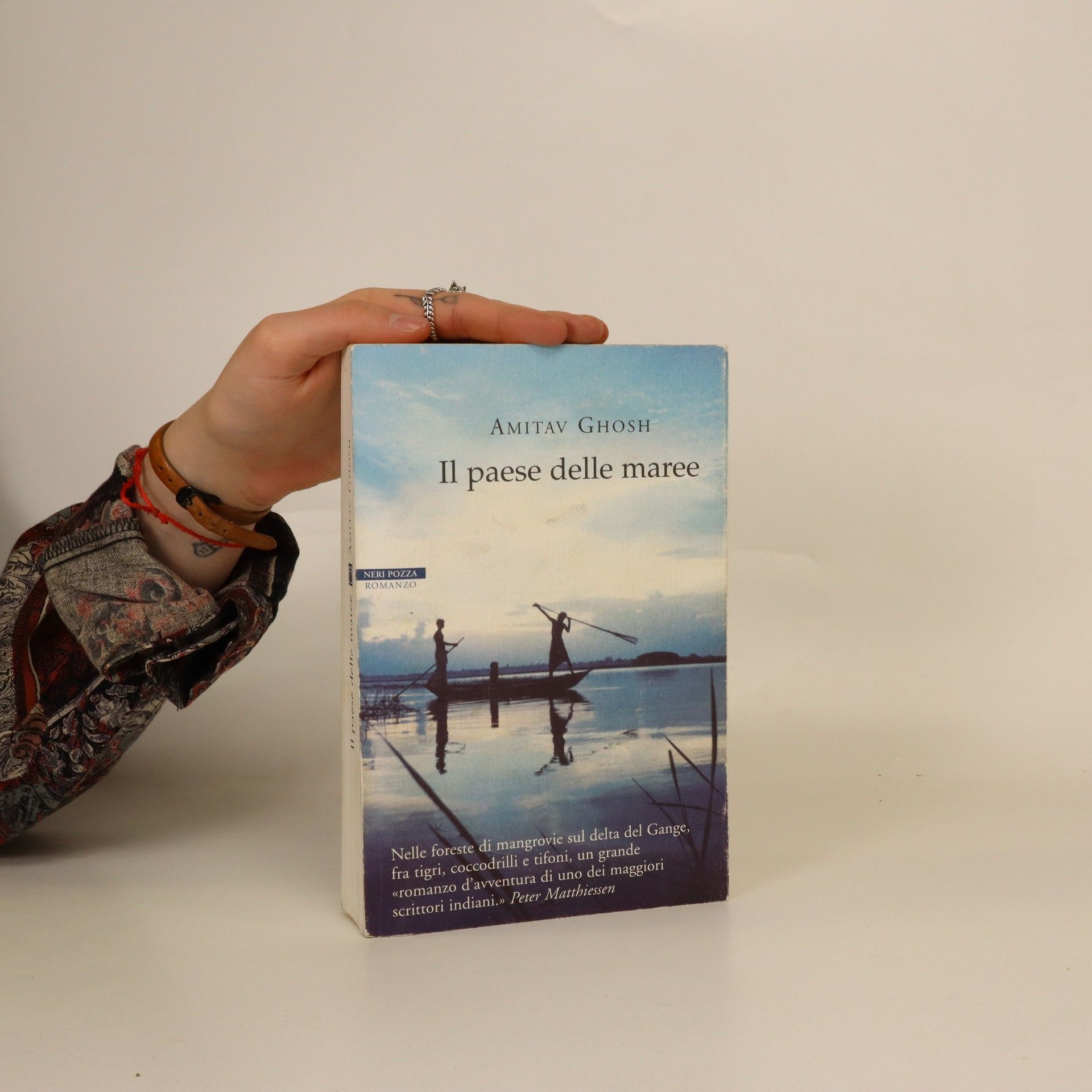
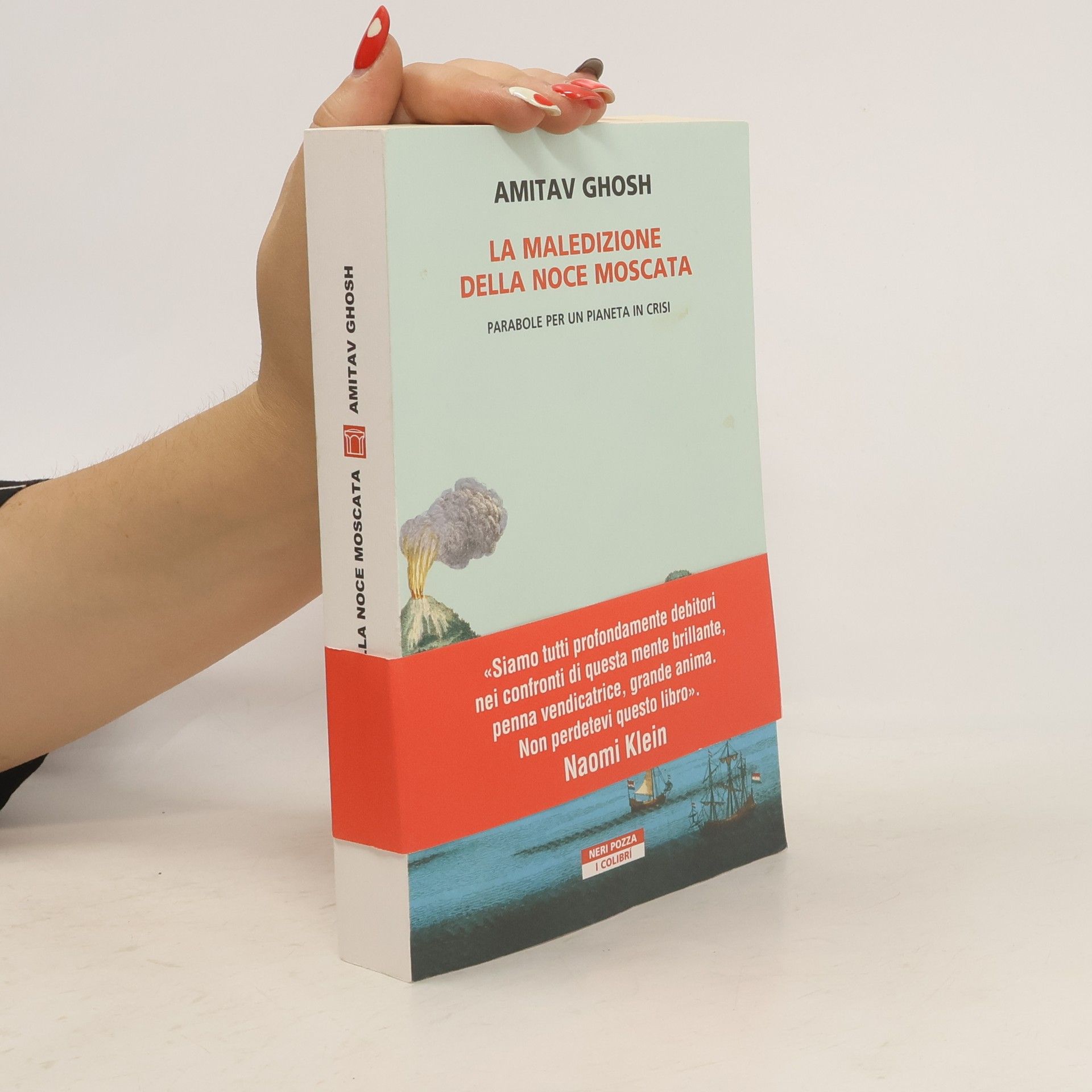
Il paese delle maree
- 460pagine
- 17 ore di lettura
Piya è appena arrivata a Canning, l'ultima fermata per i Sundarban, l'immenso arcipelago che si stende fra il mare e le pianure del Bengala e che, secondo la leggenda, è sorto il giorno in cui la treccia del dio Shiva si è disfatta e i suoi capelli bagnati si sono sciolti in un immenso e intricato groviglio. Piya, giovane biologa marina nata in Bengala ma cresciuta negli Stati Uniti, è arrivata in questo dedalo di fiumi e foreste per scandagliare le profondità marine. Sui corsi d'acqua di mezzo mondo, Piya si è sempre sentita protetta dalla sua inequivocabile estraneità, dai suoi capelli neri corti, dalla sua pelle scura, dai suoi lineamenti delicati di giovane donna indiana. Qui, in un posto in cui si sente più straniera che altrove, sa che il suo aspetto la priva di ogni protezione. Per Kanai Dutt, invece, l'interprete diretto a Lusibari per decifrare un misterioso diario lasciatogli da uno zio, l'arcipelago è soltanto il paesaggio dove poter sfoggiare l'agilità e la prontezza del viaggiatore capace di cogliere istintivamente l'attimo. Soltanto per Fokir, il pescatore, i Sundarban sono il mondo. A bordo della sua barca, fatta di canne, foglie di bambù e fragili assi di legno, Fokir conosce ogni angolo di quest'universo, e sa che qui non esistono confini tra acqua dolce e salata, fiume e mare, terra e acqua, poiché quotidianamente le maree penetrano fin dentro le pianure del Bengala e foreste e isole intere scompaiono.
Il fiume dell'oppio
- 586pagine
- 21 ore di lettura
Nel settembre del 1838, una tempesta devastante colpisce la goletta Ibis, in viaggio verso Mauritius con un carico di coolie e delinquenti. Nonostante la furia dell'uragano, la nave resiste, ma nel caos della tempesta, una scialuppa si distacca, portando a bordo due lascari e tre coolie: Kalua, un ex lottatore, Ah Fatt, figlio di un mercante di Bombay e di una donna cinese, e Neel, un raja indebitato. Poco dopo, il brigantino Redruth, comandato da Fitcher Penrose, arriva a Mauritius, dove si trova uno dei più prestigiosi orti botanici del mondo. Tuttavia, Bahram Modi, un mercante Parsi in viaggio da Bombay a Canton con la sua nave Anahita, affronta una crisi: durante la tempesta, il suo carico di oppio si è disperso. Bahram, noto come Barry Moddie, sperava di raggiungere Fanqui-town, ma ora gran parte della sua merce è andata perduta e i venti di guerra si avvicinano. Il romanzo, parte della trilogia della Ibis, esplora le acque tumultuose dell'Oceano indiano durante il primo conflitto dell'oppio, intrecciando le storie di mercanti, soldati della Compagnia delle Indie orientali, coolie e raja, rivelando il complesso intreccio di culture e conflitti che ha plasmato l'India moderna.
L'isola dei fucili
- 320pagine
- 12 ore di lettura
Commerciante di libri rari e oggetti d’antiquariato, Deen Datta vive a Brooklyn, ma è originario del Bengala, dove le leggende locali hanno sempre fatto parte della sua infanzia. Durante un viaggio a Calcutta, incontra Kanai Dutt, un parente che gli racconta la storia di Bonduki Sadagar, un mercante che, rifiutando di onorare Manasa Devi, la dea dei serpenti, si ritrova perseguitato da calamità naturali. Fuggito in un luogo chiamato Bonduk-dwip, Bonduki è costretto a costruire un tempio in onore della dea per placare la sua ira. La leggenda rimane per Deen un semplice racconto d’infanzia, finché Kanai non menziona che sua zia Nilima Bose ha visto il tempio e lo invita a visitarlo. Questo innesca un viaggio straordinario per Deen, che lo porterà dalle Sundarban, dove commercio e natura si confrontano, fino a Los Angeles e Venezia. Attraverso secoli e terre, il viaggio di Deen diventa un'esplorazione profonda delle antiche leggende e dei miti, riflettendo su una realtà moderna in cui la lotta tra profitto e natura sembra non avere scampo.
In an Antique Land
- 393pagine
- 14 ore di lettura
Packed with anecdote and exuberant detail, In an Antique Land provides magical and intimate insights into Egypt from the Crusades to Operation Desert Storm. It exposes the indistinguishable and intertwining ties that bind together India and Egypt, Hindus and Muslims and Jews. By combining fiction, history, travel writing and anthropology, to create a single seamless work of imagination, Ghosh characteristically makes us rethink the political boundaries that divide the world and the generic boundaries that divide narratives.
The Nutmeg's Curse
- 352pagine
- 13 ore di lettura
From the bestselling author of the Ibis trilogy and The Great Derangement, The Nutmeg's Curse is an enthralling, panoramic history of the influence of colonialism on the world today, told through the surprising story of the nutmeg.
Flood of Fire (Ibis Trilogy 3)
- 616pagine
- 22 ore di lettura
It is 1839 and tension has been rapidly mounting between China and British India following the crackdown on opium smuggling by Beijing. With no resolution in sight, the colonial government declares war.One of the vessels requisitioned for the attack, the Hind, travels eastwards from Bengal to China, sailing into the midst of the First Opium War. The turbulent voyage brings together a diverse group of travellers, each with their own agenda to pursue. Among them is Kesri Singh, a sepoy in the East India Company who leads a company of Indian sepoys; Zachary Reid, an impoverished young sailor searching for his lost love, and Shireen Modi, a determined widow en route to China to reclaim her opium-trader husband's wealth and reputation. Flood of Fire follows a varied cast of characters from India to China, through the outbreak of the First Opium War and China's devastating defeat, to Britain's seizure of Hong Kong.
Are we deranged? The acclaimed Indian novelist Amitav Ghosh argues that future generations may well think so. How else to explain our imaginative failure in the face of global warming? In his first major book of nonfiction since In an Antique Land, Ghosh examines our inability—at the level of literature, history, and politics—to grasp the scale and violence of climate change. The extreme nature of today’s climate events, Ghosh asserts, make them peculiarly resistant to contemporary modes of thinking and imagining. This is particularly true of serious literary fiction: hundred-year storms and freakish tornadoes simply feel too improbable for the novel; they are automatically consigned to other genres. In the writing of history, too, the climate crisis has sometimes led to gross simplifications; Ghosh shows that the history of the carbon economy is a tangled global story with many contradictory and counterintuitive elements. Ghosh ends by suggesting that politics, much like literature, has become a matter of personal moral reckoning rather than an arena of collective action. But to limit fiction and politics to individual moral adventure comes at a great cost. The climate crisis asks us to imagine other forms of human existence—a task to which fiction, Ghosh argues, is the best suited of all cultural forms. His book serves as a great writer’s summons to confront the most urgent task of our time.
The glass palace
- 560pagine
- 20 ore di lettura
The International Bestseller from the Man Booker Prize shortlisted author 'An absorbing story of a world in transition' JM Coetzee 'A Doctor Zhivago for the Far East' The Independent Rajkumar is only another boy, helping on a market stall in the dusty square outside the royal palace, when the British force the Burmese King, Queen and all the Court into exile. He is rescued by the far-seeing Chinese merchant, and with him builds up a logging business in upper Burma. But haunted by his vision of the Royal Family, he journeys to the obscure town in India where they have been exiled. The story follows the fortunes - rubber estates in Malaya, businesses in Singapore, estates in Burma - which Rajkumar, with his Chinese, British and Burmese relations, friends and associates, builds up - from 1870 through the Second World War to the scattering of the extended family to New York and Thailand, London and Hong Kong in the post-war years.
Incendiary circumstances : a chronicle of the turmoil of our times
- 305pagine
- 11 ore di lettura
Novelist and journalist Ghosh has offered firsthand accounts of pivotal world events over the past twenty years. He is an essential voice in forums like The Nation, the New York Times, the New Republic, Granta, and The New Yorker. This book brings together the finest of these pieces for the first time--including many never before published in the U.S.--in a compelling chronicle of the turmoil of our times. In his travels he has walked amid the devastation of the 2004 tsunami, stood on an icy mountaintop on the contested border between India and Pakistan, interviewed Pol Pot's sister-in-law in Cambodia, shared the elation of Egyptians when Naguib Mahfouz won the Nobel Prize, and stood with his threatened Sikh neighbors through the riots following Indira Gandhi's assassination. With intelligence and authentic sympathy, he "illuminates the human drama behind the headlines" (Publishers Weekly). Incendiary Circumstances is testimony of an era defined by the ravages of politics and nature.--From publisher description.
